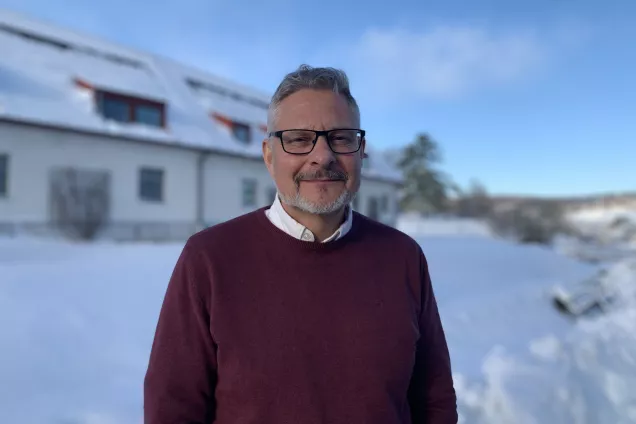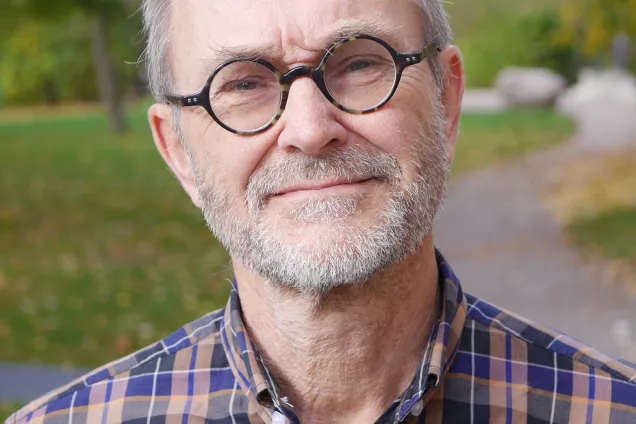– Over the past 25 years, researchers at Lund University have been pioneers in the interdisciplinary field of sustainability studies. In 2008, when the Faculty of Social Sciences established Sustainability Science as a PhD degree subject, we were among only a few in the world to offer this degree, says Barry Ness, Director for Lund University Centre for Sustainability Studies, LUCSUS.
He contines:
– This progress continues today. Recently, Sara Ullström defended the twenty-seventh PhD thesis in Sustainability Science. In addition to strengthening the sustainability profile of Lund University, in January, LUCSUS will also celebrate its 25th anniversary in providing cutting edge sustainability research, education and societal outreach.
Professor Lennart Olsson adds:
– One high point of university collaboration around driving sustainability research and education was LUCSUS hosting the decade-long Linnaeus center LUCID (Lund University Center of Excellence for the Integration of Social and Natural Dimensions of Sustainability). The programme consisted of six academic subjects from three Lund University faculties. LUCID is proof that sustainability studies can be distinctly interdisciplinary.
– Furthermore, the over 30 international doctoral candidates who defended their PhD dissertations as a part of the LUCID research school, is another strong indicator that world class research and education can successfully go hand in hand, says Professor Lennart Olsson.
About the QS World University Rankings: Sustainability
The ranking consists of three categories: Environmental Impact, Social Impact and Governance. Within environmental impact, there are three sub-groups, or ‘lenses’ as they are called in the QS World University Rankings: Environmental Education Environmental Research and Environmental Sustainability. Within Social Impact, there are five lenses: Employability and Opportunities, Equality, Health and Wellbeing, Impact of education, and Knowledge exchange. Governance assesses whether an institution has strong governance in place, for example through open decision-making, a holistic and ethical organisational culture, student representation on university governing bodies and financial transparency.
- In the area Environmental Impact, Lund University is ranked 11th overall. The best lens is Environmental Research/Sustainable Research where Lund University is ranked 2nd in the world with 99.8 out of 100 points.
- In the category Social Impact, Lund University is ranked 10th overall. The top lenses ranked are Equality, where the university is ranked 1st with 100 out of 100 possible points, and Health and Wellbeing, where it is ranked 2nd, with 99.8 points out of 100.
- In the area of Governance, Lund University is ranked 2nd in the world with 99.9 points out of 100.
Read a longer article about the ranking at lunduniversity.lu.se
Read more about the QS World University Rankings: Sustainability


